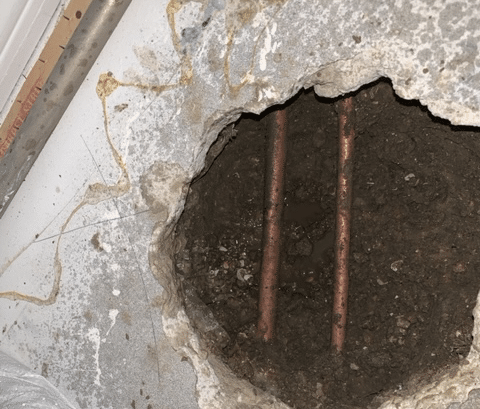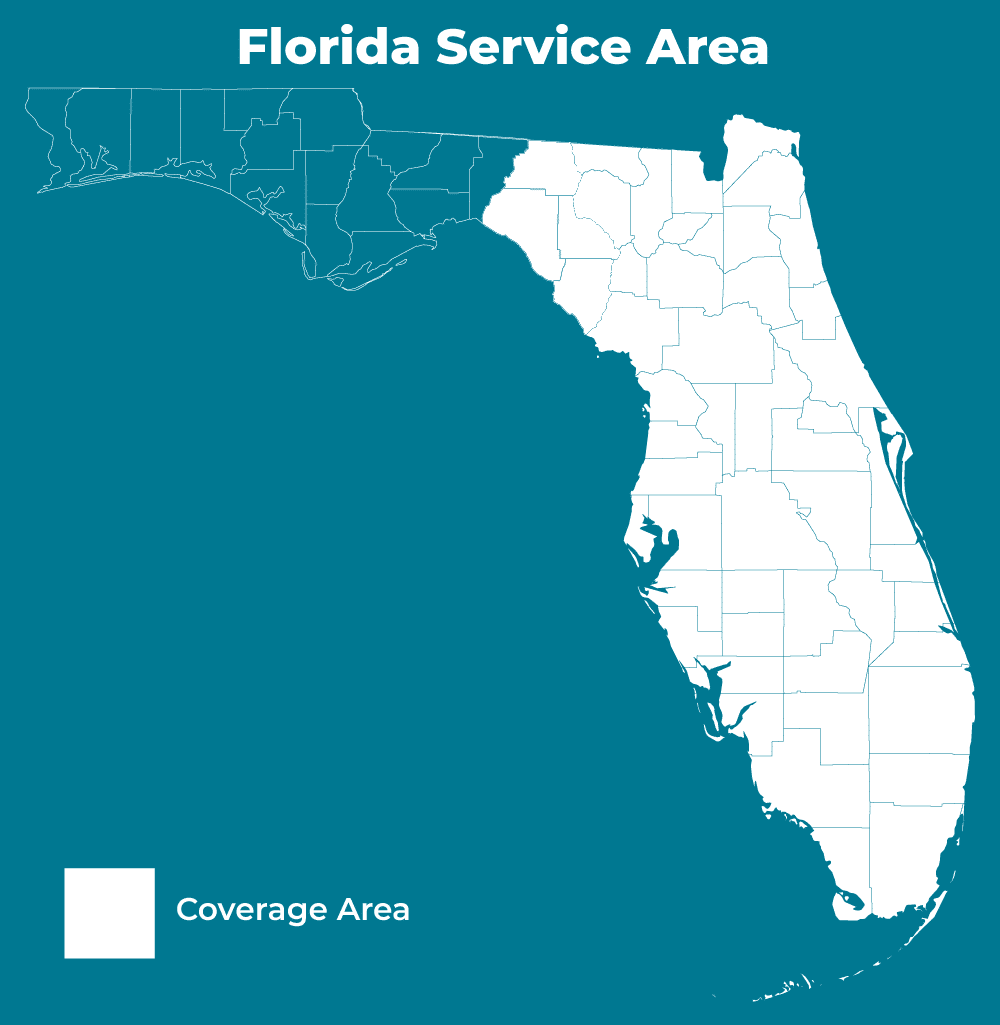Slab leaks are a hidden menace that can wreak havoc on your home’s foundation and lead to costly repairs if left untreated. Today, we’ll unravel the mystery of slab leaks, exploring what they are, what causes them, and the effective solutions for addressing these elusive plumbing issues.
What is a Slab Leak?
A slab leak refers to a water leak that occurs beneath the concrete slab foundation of a building. These leaks can happen in residential homes, commercial properties, or industrial structures. The concrete slab serves as both the flooring and the foundation, making it a challenging location for leaks to go undetected.

Causes:
1. Pipe Corrosion:
– Over time, the pipes within or beneath the concrete slab can corrode due to chemical reactions with the soil or the water passing through them. This corrosion weakens the pipes and can lead to leaks.
2. Poor Installation:
– Improper installation of pipes or poor workmanship during construction can create weak points or stress on the plumbing system, increasing the likelihood of leaks.
3. Abrasion and Friction:
– The movement of the soil beneath the foundation or shifts in the building’s structure can cause pipes to rub against sharp objects or each other, leading to wear and eventual leaks.
4. Water Pressure:
– Excessive water pressure in the plumbing system can stress the pipes and cause leaks. This can result from a faulty pressure regulator or municipal water pressure fluctuations.
5. Tree Roots:
– In some cases, tree roots can infiltrate the soil beneath the foundation and exert pressure on the pipes, causing cracks and leaks.
Signs of a Slab Leak:
Early detection is crucial to prevent significant damage. Look out for these signs:
1. Sudden Increase in Water Bills: An unexplained rise in water bills could be an indicator of a hidden leak.
2. Damp or Warped Flooring: The presence of moisture or warping in your flooring, especially if it’s hot or cold in one area, may signal a slab leak.
3. Mold or Mildew Growth: Excess moisture from a slab leak can encourage mold and mildew growth in your home.
4. Low Water Pressure: A sudden drop in water pressure could indicate a leak in your plumbing system.
5. Audible Water Flow: You may hear the sound of running water when no taps or fixtures are in use.
6. Warm Spots on Flooring: A warm spot on the floor may indicate a hot water line leak.
Fixing Slab Leaks:
Addressing this type of leak requires professional expertise and specialized equipment. The repair process typically involves the following steps:
1. Leak Detection: Professional leak detection technicians use advanced equipment, such as electronic amplification devices, to pinpoint the exact location of the leak.
2. Access: In most cases, a section of the concrete slab needs to be carefully removed to access the leaking pipe.
3. Repair or Replacement: The damaged section of the pipe is either repaired or replaced, depending on the extent of the damage and the material of the pipe.
4. Testing: After repairs, the system is thoroughly tested to ensure the leak is resolved.
5. Slab Replacement: The removed section of the slab is replaced, and any necessary repairs to the flooring are made.
Slab leaks are a serious plumbing issue that can lead to significant structural and financial damage if not addressed promptly. If you suspect there may be one in your property, don’t hesitate to contact the pros at Sleuth Leak Detection. Our experienced technicians can accurately locate and fix the leak, saving you from costly repairs and preserving the integrity of your foundation. Protect your home and investment by taking swift action.


